Hazard Assessments for Asbestos in Schools
Assessments of schools for asbestos hazards, health risks and education.
The resources below, some of which are from our Center and others from our partners, are targeted to teachers and/or students. They include environmental health curricula for teachers, programs for students and other resources of interest.
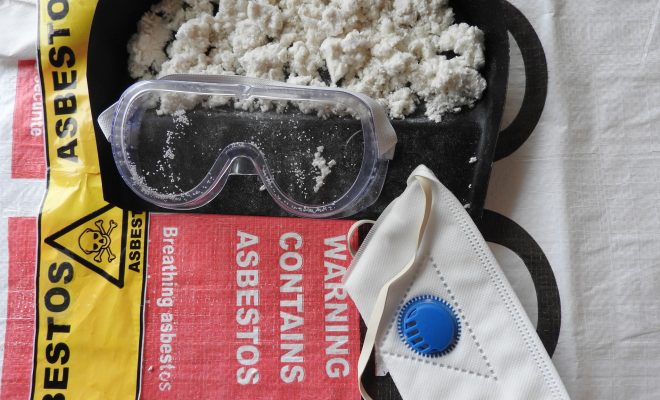
Assessments of schools for asbestos hazards, health risks and education.

High school short-course on endocrine disrupting chemicals and researching health hazards.
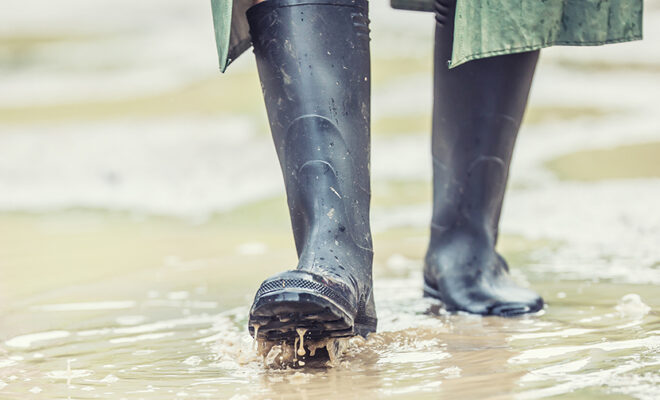
A free webinar series for teachers in the Philadelphia region (and beyond). Sessions explore how extreme weather is affecting temperature, air quality and water in Philadelphia, with a focus on children’s health. Teaching materials included!
Videos specifically for childcare centers and schools on environmental health topics.

Teacher training to develop curriculum on environmental health topics.

Don’t be caught off guard during a rain event. Use this guide before, during and after a flood event to prepare yourself, your home and property. Stay safe!

This two-page brochure details the potential benefits of planting street trees for hot neighborhoods in Philadelphia. This brochure debunks common myths and reservations people may have to planting a tree and offers local Philadelphia resources to get a tree planted.

There are many benefits to planting trees in Philadelphia. This resource provides short videos perfect for sharing on social media on the economic and health benefits of planting trees for various areas in Philadelphia.
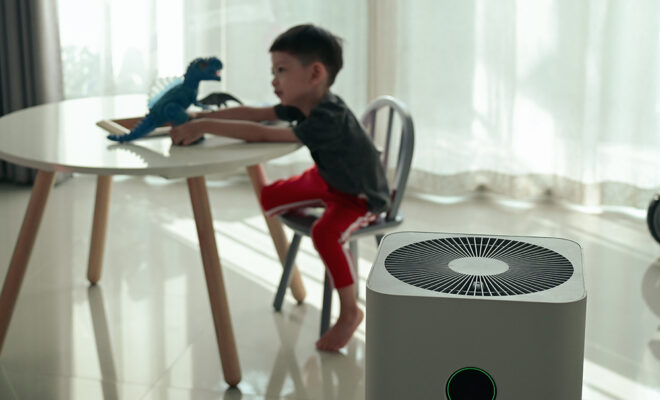
Deciding which air purifier to purchase? This website hosts a list of air purifiers that have been tested by this voluntary non-profit, AHAM Verifide. Input your room size and find the air purifiers that would be the right size for your room and are certified to achieve a certain Clean Air Delivery Rate (CADR). The CADR should be at least 2/3 the square footage of the room.

EPHOC courses cover a broad range of 15 environmental health(EH) topics and are free. They are taught by a group of EH experts from across the country. Some topics include water, food protection, air quality, hazardous materials, and occupational safety.

Beyond Benign and MIT Superfund Research Program (MIT SRP) worked together to develop a case study based on the Olin Chemical Superfund Site. The case study is designed for use in introductory-level college chemistry courses.
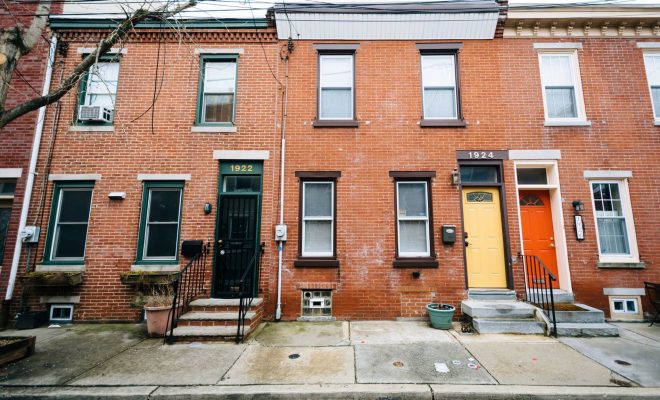
Children First created several resources with information on free programs operating in Delaware County that will help families get the lead out of their homes and apartments.
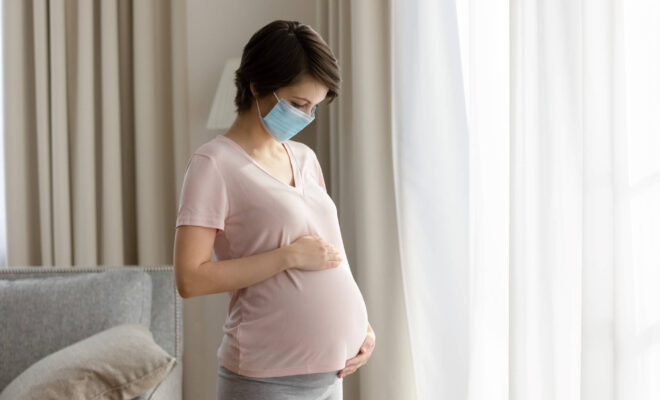
The most effective ways to improve your indoor air are to reduce or remove the sources of pollutants and to ventilate with clean outdoor air….

Your child should be tested for lead at their 1 and 2 year old well child visit. Older children should be tested if you are concerned about a lead exposure.

This curriculum was written by Alima McKnight as part of Dr. Howarth’s class for the Teachers Institute of Philadelphia for elementary school students and will help students gain knowledge around lead exposure and prevention.

This curriculum was written by Sondra Gonzalez as part of Dr. Howarth’s class for the Teachers Institute of Philadelphia for middle school English language learners and will help students gain knowledge about the water cycle, worldwide water quality, common contaminants, and the drinking water treatment process in the United States.

This curriculum was written by Theresa Eck as part of Dr. Howarth’s class for the Teachers Institute of Philadelphia for a 12th grade social science class and will help high school students gain a deeper understanding of environmental justice and democratic processes.
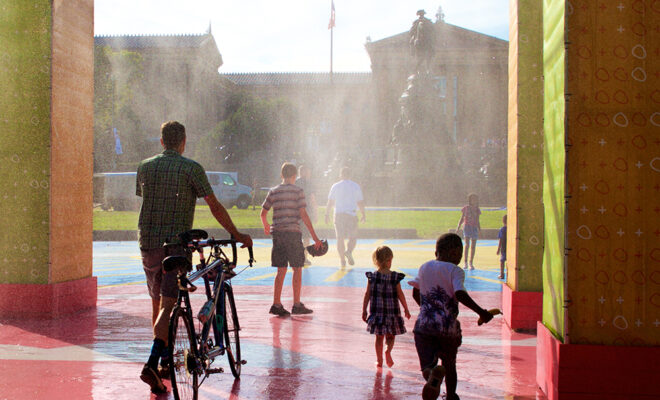
Middle school curriculum on the water cycle, flooding, Philadelphia specific water issues, and extreme weather.
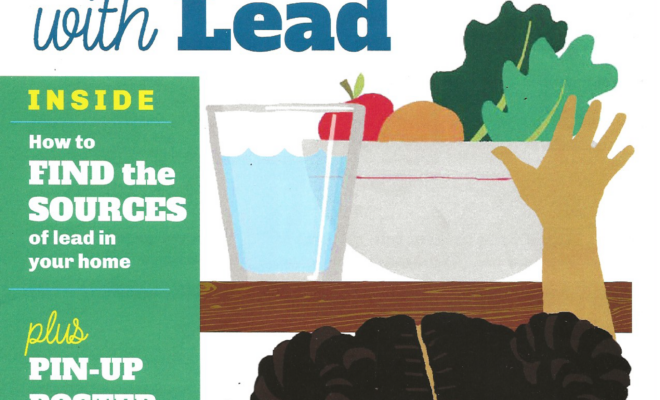
An easy to read and share guide to lead, including where lead is typically found and the common risks.
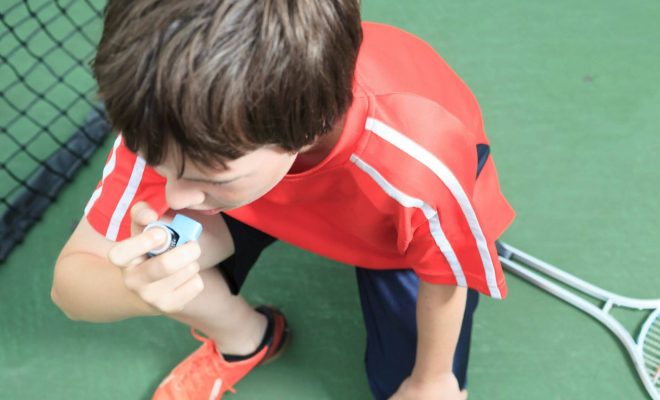
A comprehensive list on managing your child’s asthma in the school setting.
A new program of the Philadelphia Department of Public Health will provide air purifiers to local schools and early childhood education center at no cost.
Test kits are offered by the Pennsylvania Childcare Radon Testing Program in an effort to raise public awareness of radon as an easily preventable health hazard.

Find out if you have a lead service line in your home by following the steps outlined in this video!
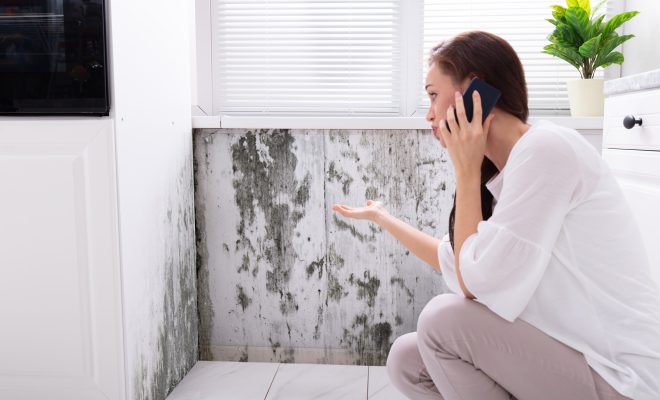
If you are a tenant and see mold growth in your home, you can report this to the city by calling 311.